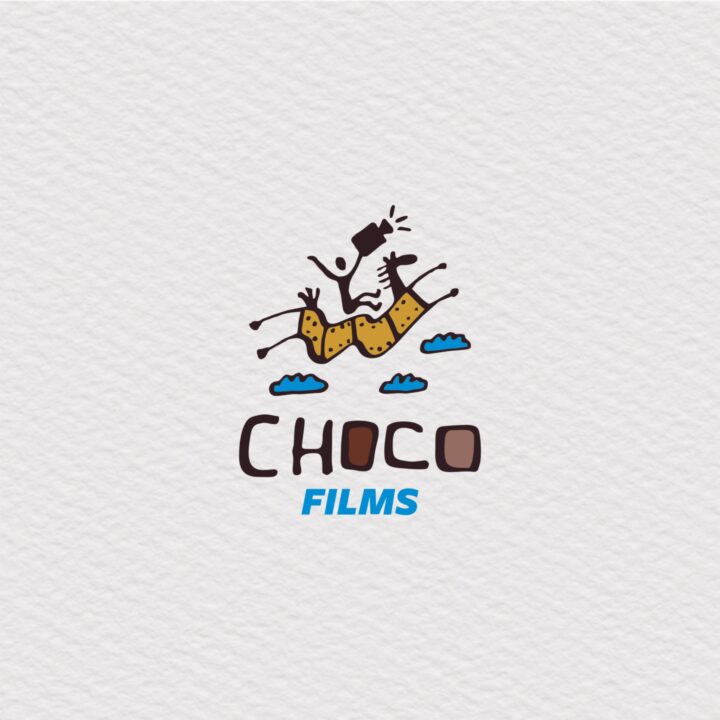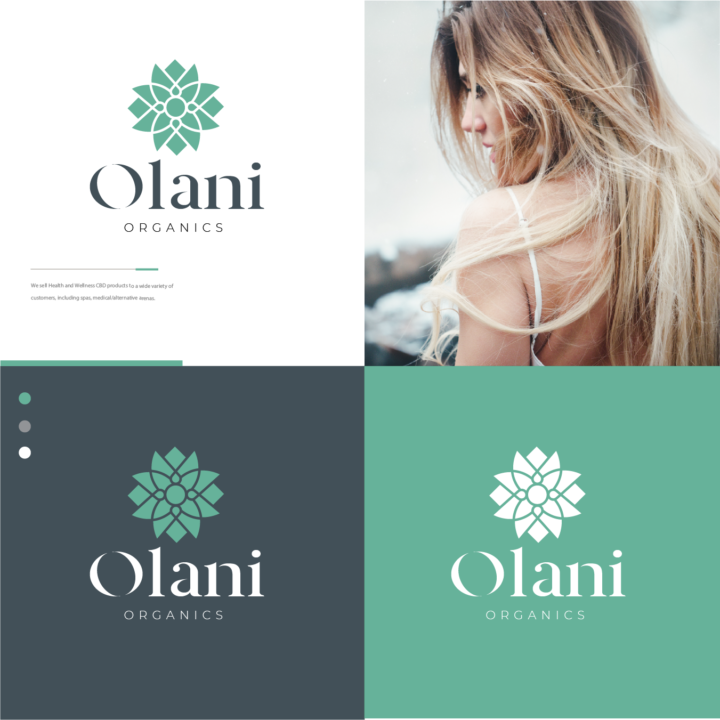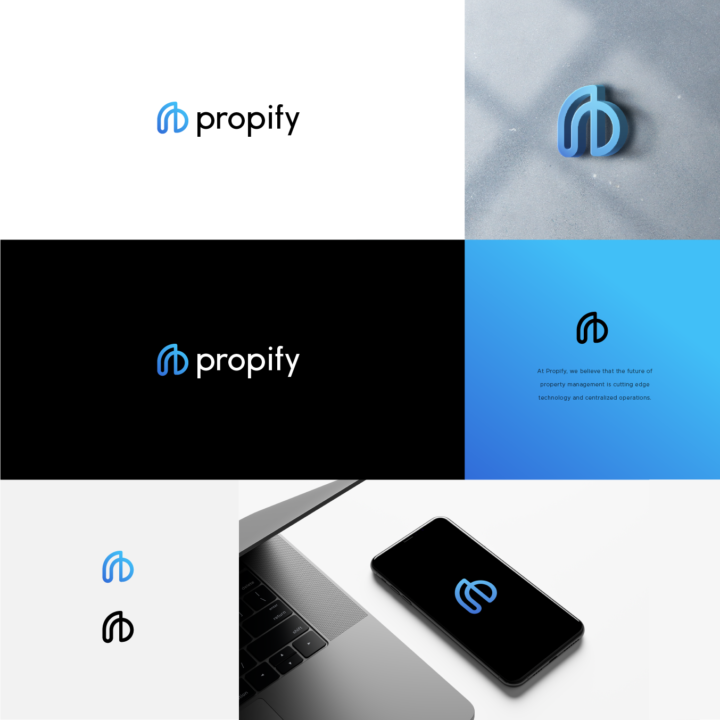What is the best language learning method?
Did you ever think of what is your best language learning method? Here at We Languages learning, teaching and education are topics close to our hearts. Making sure our students learn in the best way for them and can retain the knowledge they acquire with us matters.
This is important because our students can then directly apply what they have learned in their own lives. This is our ultimate goal.
Fortunately we are not alone in our quest to understand the way in which individuals learn best. It is a subject well researched.
Dr Malcolm Knowles’ research
American educator Dr Malcolm Knowles (an expert in adult learning who conducted much research into this area) spoke of how adults learn best when the subject matter draws on their own experiences. His research said a student’s background knowledge is a useful resource to aid their continued development and encouraged teachers to incorporate this already-gathered-information into their lessons.
Dr Knowles also said that adult learners have better experiences when what they learn is relevant to their personal and professional lives.
He wasn’t alone in this approach to learning. Jean Piaget, infamous Swiss education theorist, also spoke about how learning can only take place when new experiences are linked to old ones and are shown to the learner in this way.
Language learning as stepping Stones
It can be useful to think of our learning as the process of walking across a series of stepping stones.
Let’s imagine standing on one stone awaiting to take a leap to the next. Visualize this first stone, with you atop it, as the accumulation of your life’s current knowledge, know-how, experiences and references.
It is likely to be much harder to take the leap to the next stone if it is too far away and looks extremely different to the one we are currently standing on. If we don’t see the similarity we might not see the value for us to keep moving, or we may be put off.
It has to relate!
As we learn more on each stepping stone and link each new learning to the previous, we can see the purpose of the next step. Slowly we can keep hopping along those stepping stones and progressing.

What is your language learning method? Try to imagine it like walking across a series of stepping stone!
What’s your learning style?
There are lots of different recognized learning styles in the education sphere and it is likely that along the way you have acquired certain tools and techniques that help you learn more effectively.
Maybe you’re a visual (spatial) and verbal (linguistic) learner? I know I am.
As a child when I was revising for my school examinations, I used to learn by writing and rewriting information onto pieces of paper. I would arrange the facts and figures into specific formations, using varying colours and patterns. I would then stick these up all over my house, much to my family’s dismay – after all who wants to be in the bath surrounded by reams of paper detailing the intricacies of the French Revolution!
Then when I was taking the exam I would recall these papers into my memory and I would remember specific details by envisioning where the words were positioned on the page, by their colour and location. It’s fascinating to look back upon and realise that I fit the description of a visual and a verbal learner entirely.
The way in which words and the written form was at the centre of my learning style is not surprising considering my love for it.
So where do you fit within the learning styles?
Different types of learners
Aural learner – using music when you learn
Are you an Aural Learner and find that using sound and music helps boost your learning? Or maybe you make up songs and rhymes to help you learn new skills.
Apparently incorporating music and rhyming into learning is specifically helpful in terms of language learning. The musicality and repetition of songs mirrors the intonation, stress and pronunciation that are inherent in all languages.
With this in mind, when using music to learn the student is able to retain the new information, grammar and vocabulary through these helpful rhythmic structures. According to the British Council, an organization created to boost language learning in the UK, musicians often find it easier to pick up new languages for these exact reasons. With their ear attuned to rhythm, musicality and intonation it makes sense that these individuals can master specific sounds, patterns and enhance their aural memory more easily.
So look out for those rhythms and patterns in your language classes!

Logical learner, learning in groups or alone?
Or maybe you are more of a Logical learner who finds logic, reason and the use of systems an easier way to retain information and progress in your learning process. This one will specifically resonate with the mathematicians out there.
Learning in groups can also be a great way to aid development. It is understood that collaborative, group study allows individuals to watch those around them and develop from their classmates’ experiences, as well as that of the teacher.
Here at We Languages sessions are undertaken with a trusted coach on both a one a one basis or in small groups, so whatever you find works best for you there is something to suit your needs.
If you are more of a solitary worker then one to one sessions are a must. These will allow you to gather the information from your helpful Japanese coach and then head off to work independently to continue your learning process.
Tailoring programs and sessions to suit the individual learner is of the utmost importance for us and ties in with our student-centered philosophy at the heart of WE. Whatever type of learner you are, there’s a perfect way for each of us to learn and we know that our capacity to progress and retain information is hugely boosted when it is relevant to us and our lives.
When we are engaged and interested we retain MORE
A study by Stanford University in the USA found that learner engagement and interest is a higher indicator than assessment scores when predicting someone’s learning performance.
You will know from your own experience how much more information remains present in your memory, for longer, when you come out of a lesson that really interests you. Learning by rote isn’t at the fore of our teaching techniques, and arguably isn’t the best way for learners to gain knowledge and insight that can be useful for them in their lives.
Stanford’s research found that engaged learners are likely to achieve more with their new skills than those that aren’t, both personally and professionally. It can be interesting to recall learning experiences you have had, either growing up or as an adult, and think about ones that you enjoyed and ones you didn’t.
As a curious person myself I find that when working with a tutor (in whatever I am learning) that allows me to ask questions and will go where my mind and curiosity leads I always learn better. That way sessions can take you anywhere and always remain interwoven with your interests and life.
Our coach, Kiyo, speaks of how she helps her students learn by repeating expressions many times during sessions to aid understanding. She also encourages the students to ask as many questions as possible so that learners remain engaged and interested. Having an open and free environment where students can be curious and learn in an uninhibited way is a key part of her ensuring lessons run smoothly and enjoyably.









